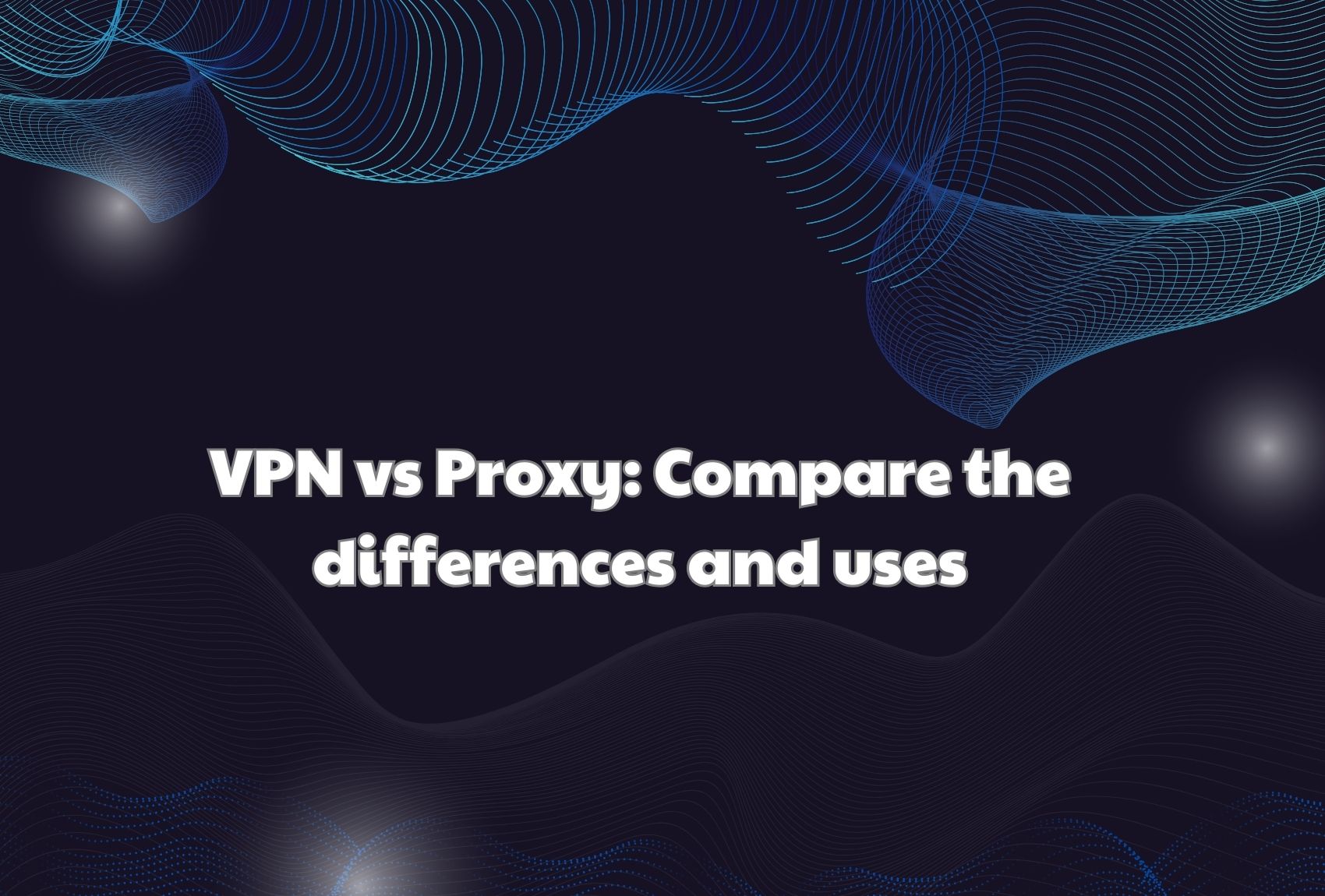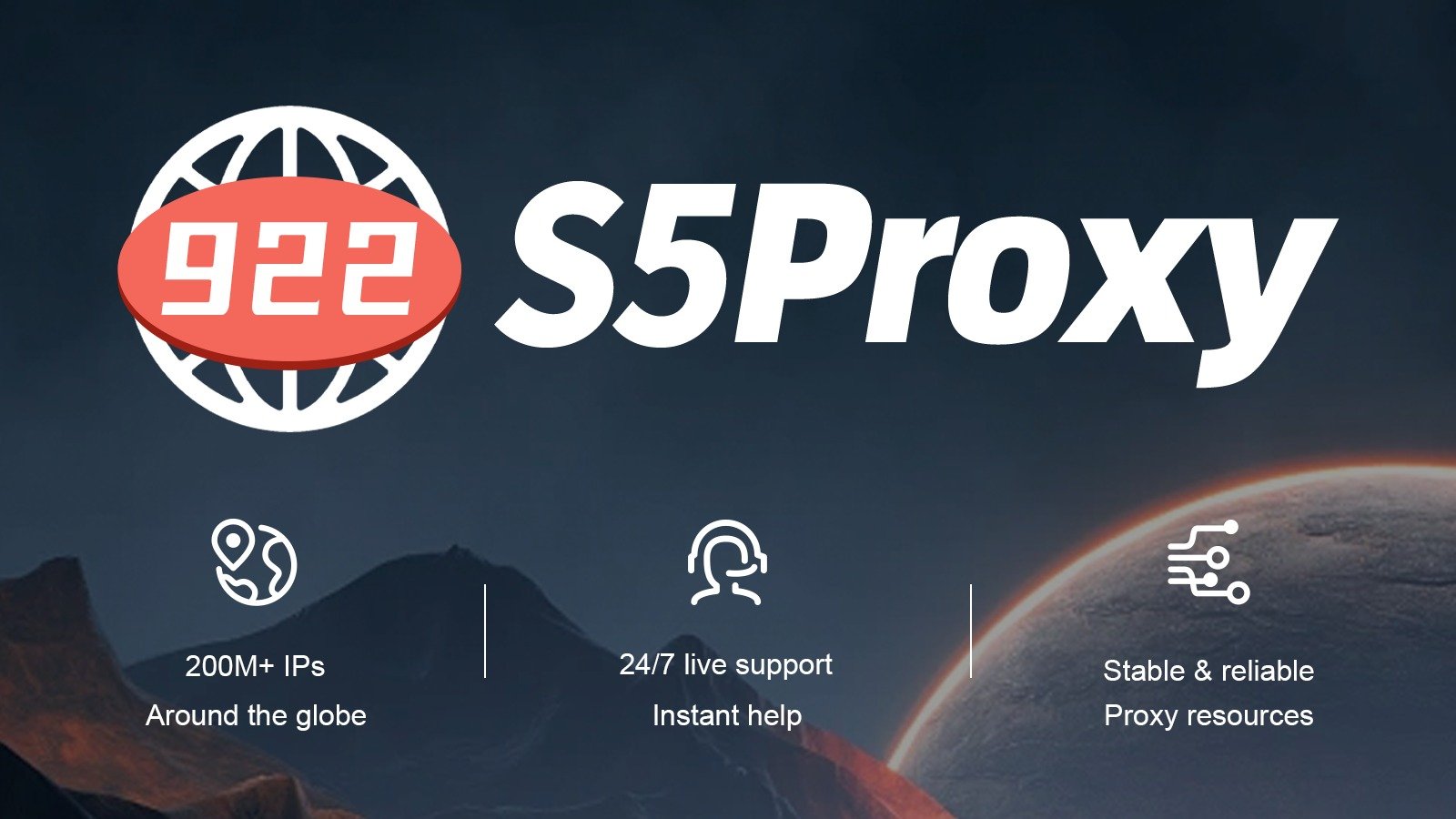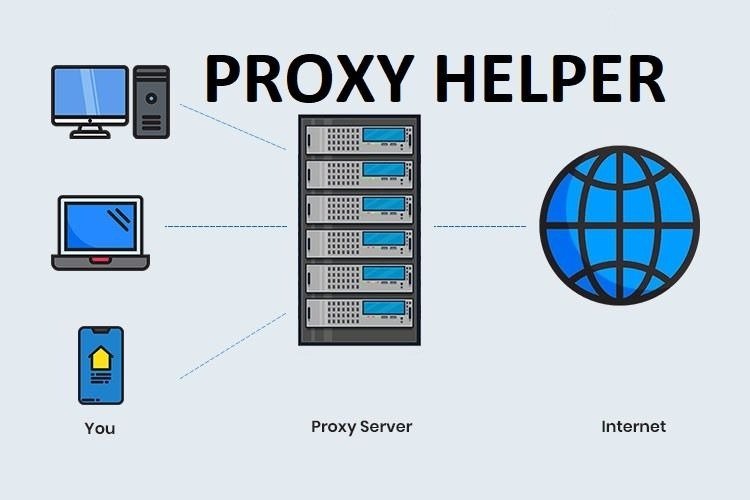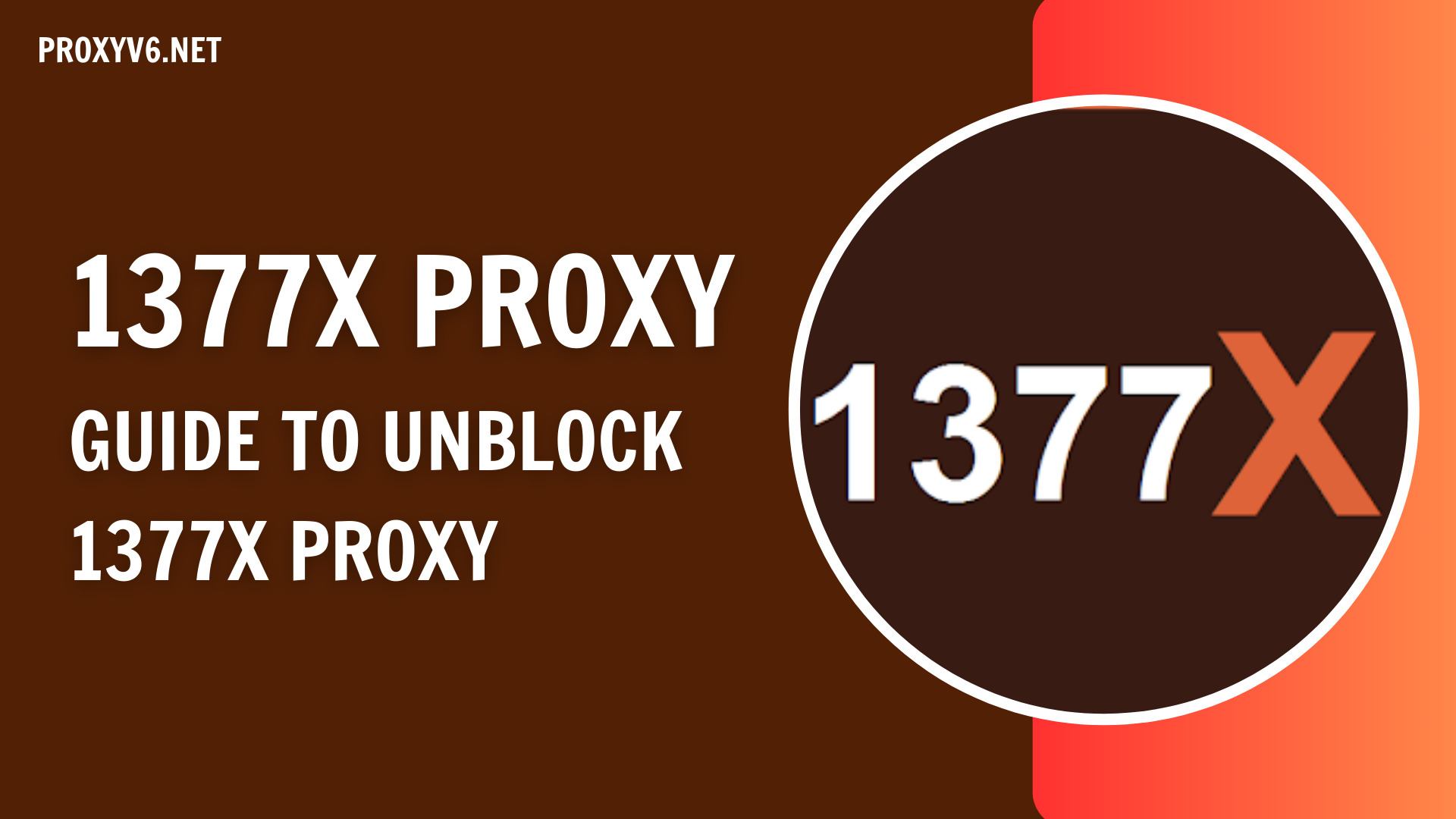In the modern digital world, protecting and managing network traffic flow has become increasingly crucial. Both VPN and Proxy are invaluable tools that help us accomplish this task. However, many often confuse the two. While both establish a virtual connection to a remote computer, they operate under different contexts and objectives. Wondering whether to choose a VPN or Proxy for your specific needs? Allow me, an expert in the field, to guide you in understanding these tools in the following article.
Introduction to VPN vs. Proxy
What is a VPN?
In today’s digital world, safeguarding data and online activities has become indispensable. This is why VPN, also known as Virtual Private Network, is regarded as a fundamental online security infrastructure.
A VPN operates on a basic principle: it reroutes your data through a remote server, helping to mask your original IP address. Instead, you appear online with a different IP address, depending on the location of the remote server. This creates a virtual shell, concealing your actual location and online activities from prying eyes.
However, the real strength of a VPN isn’t just its ability to obscure location. Every data packet leaving your device is stringently encrypted. This ensures that even if someone captures this data, they cannot decrypt and read its content. A VPN helps protect personal information, passwords, and other sensitive data from intruders.
In this digital age, where access to and collection of personal data has become intricate, using a VPN is not just a choice but a fundamental requirement to shield oneself from potential online threats.
What is a Proxy?
In today’s digital age, protecting privacy and accessing information freely is paramount. For those wanting to overcome online barriers like geo-restrictions or organizational access limitations, Proxy is the go-to solution.
So, what is a Proxy? A Proxy acts as a “middleman” between the user and the website or application they wish to access. Through a Proxy, your actual IP address is concealed and replaced with the Proxy server’s IP address, allowing you to “hide” online and appear as if connecting from a different location.
Unlike VPN services, where your entire network connection is encrypted and goes through a “virtual tunnel,” a Proxy operates only for the specific app or website you are using. Notably, a Proxy doesn’t require software download and installation, making it popular among those not wishing to install additional apps on their devices.
One of the most common applications of Proxies is to bypass filters and online restrictions. For example, if you’re in a university with a policy blocking access to certain websites, using a Proxy allows you unrestricted access.
Buy cheap proxies at proxyv6.net
Comparing VPN and Proxy
Both VPN (Virtual Private Network) and Proxy serve to provide users with anonymous and secure internet access. However, the two tools have some crucial differences.
Operation Mechanism
- VPN: Creates an encrypted connection between your computer and a VPN server. All exchanged data over this connection is encrypted, protecting information from being monitored or attacked.
- Proxy: Acts as a bridge between your computer and the internet. It transfers data from your computer to the destination without encrypting the entire connection.
Security
- VPN: Provides a better protection layer by encrypting the entire connection. This protects personal information and exchanged data from monitoring or theft.
- Proxy: Does not encrypt the entire connection, only hides your actual IP address. Hence, it’s less secure than a VPN.
Performance
- VPN: Might slightly slow down the network connection due to data encryption.
- Proxy: Usually faster than VPN as it doesn’t need to encrypt the entire connection.
Application
- VPN: Encrypts the entire network connection, including browsers and other apps on your computer or mobile device.
- Proxy: Typically affects only the browser or specific app configured.
Usage
- VPN: Used for securing connection, accessing blocked content in some countries, protecting data on public Wifi, and anonymizing online activities.
- Proxy: Used to hide IP address, access blocked content, offload servers by caching requested content, or speed up network access in some cases.
When deciding between a VPN and a Proxy, you should determine your specific goals and needs. If security is a top priority, VPN is the better choice. If you only need to hide your IP or quickly access blocked content, a Proxy might suffice.
Buy affordable proxies at proxyv4.net.
In today’s digital era, owning a high-quality proxy service is essential for businesses, especially when ensuring privacy and optimal web access performance. For the uninitiated, a proxy is an intermediary server that allows you to access the network anonymously and safely. This is precisely why proxyv4.net becomes your top choice.
Firstly, proxyv4.net prides itself on its reliability and high performance. With a robust and stable server system, proxyv4.net promises swift access speeds, minimizing latency and disconnections. Importantly, proxyv4.net’s service is designed with high-security objectives, helping you evade threats from hackers and malware.
Additionally, proxyv4.net offers a user-friendly and intuitive interface. Whether you’re an IT expert or a beginner, you can easily set up and use the proxy without technical support.





